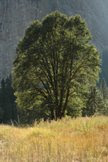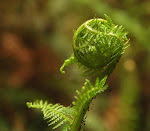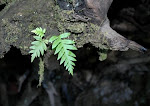
This is the Matolle River. We took an afternoon picnic and walk. It is a troubled river which should be full of salmon - if it had more water. We have what I call Rural sprawl - lots of 10, 20 & 40 acre lots all using on-site springs and creeks. That means the water doesn't flow to the river, so the river has much less water than it should. With the current budget crisis, our governor has frozen all grant monies, so restoration will slow down and be funded locally - from the pockets of landowners and those who care about the salmon - it's a fight for the continued existence of these amazing fish. Moss grows everywhere as it is a very damp environment. We have had a bit of rainfall lately, but this river is still below it's mark - for salmon, that is. However, the water was clear and swift-moving, which is a good thing. I feel blessed to have chosen this place of beuaty to live and plan to keep being part of the restoration and salvation (of the Salmonids) movement up here in no-man's-land.
















